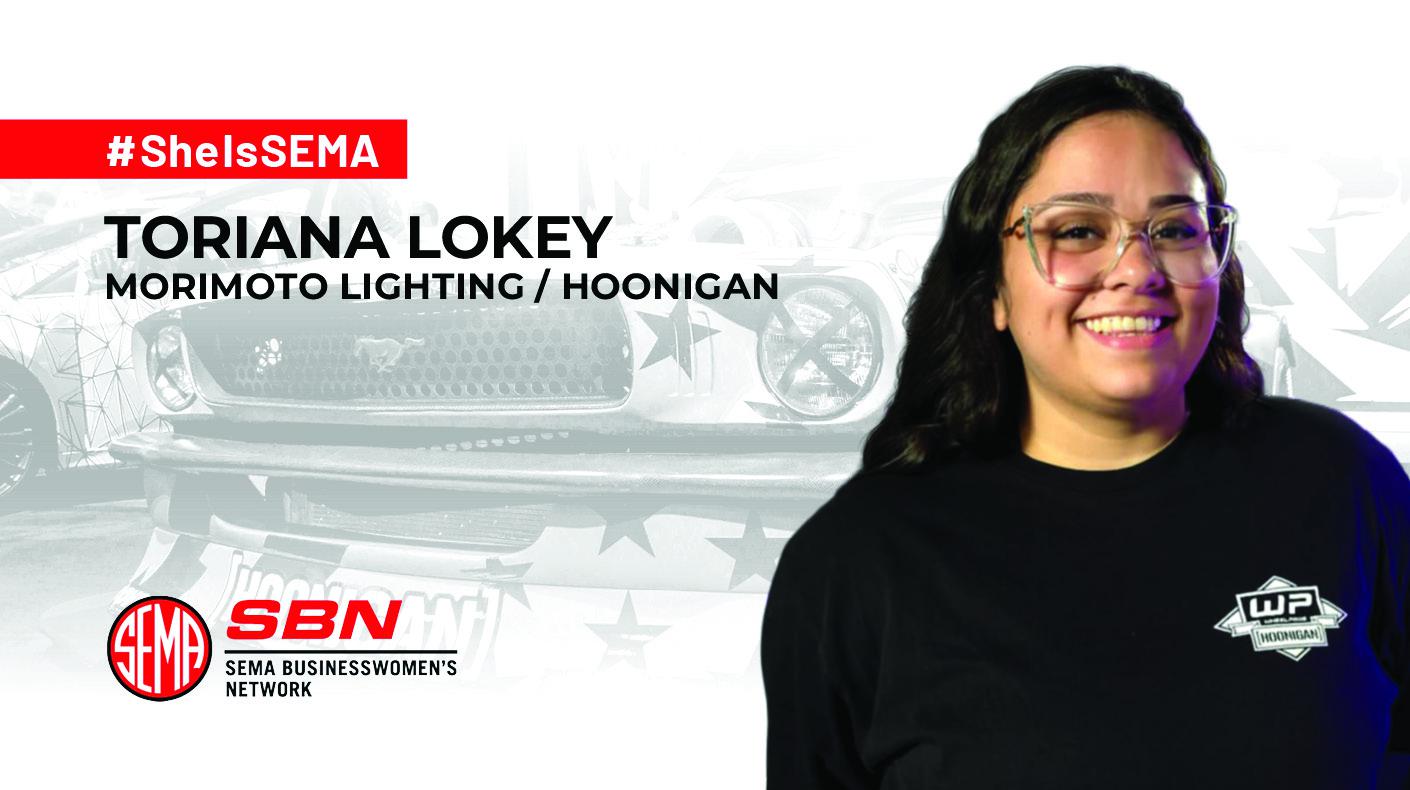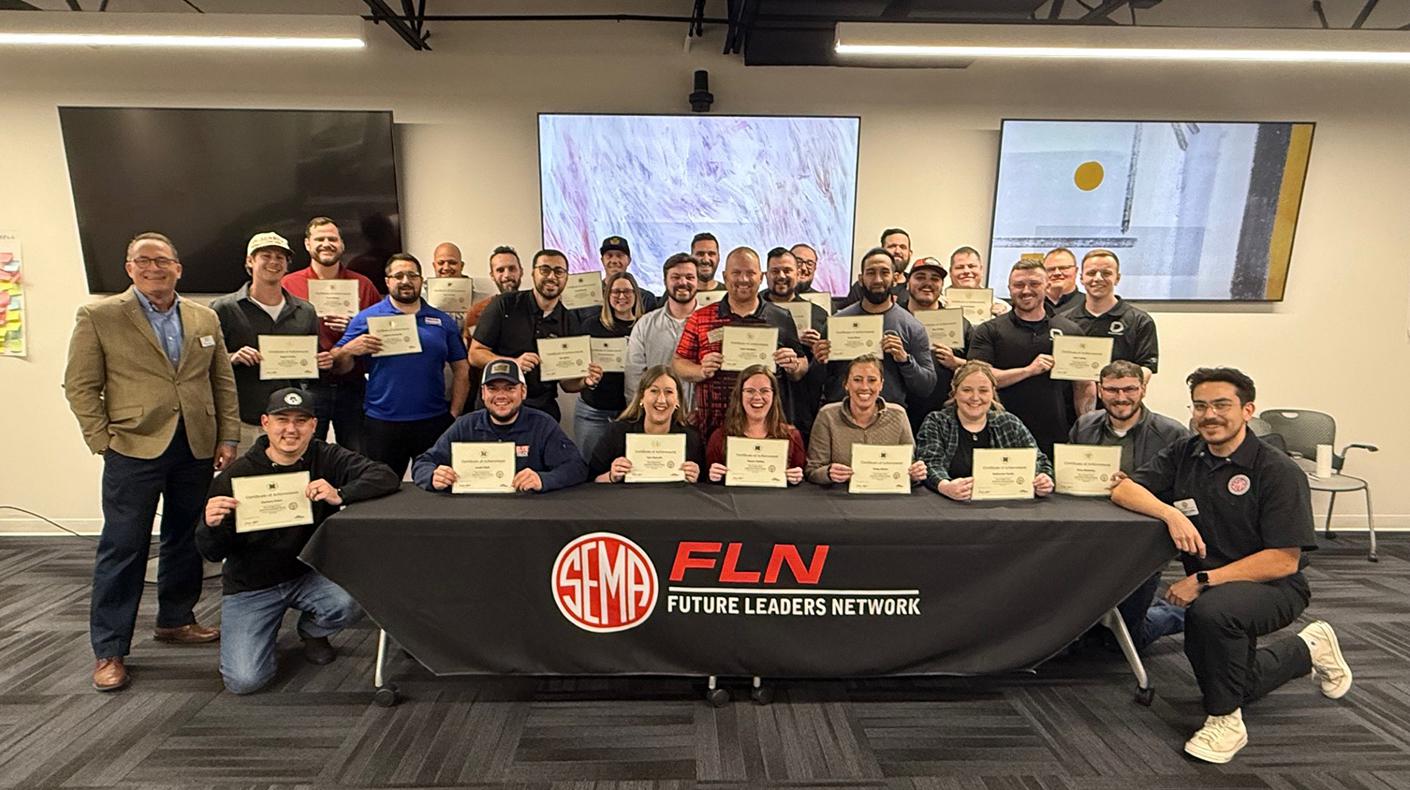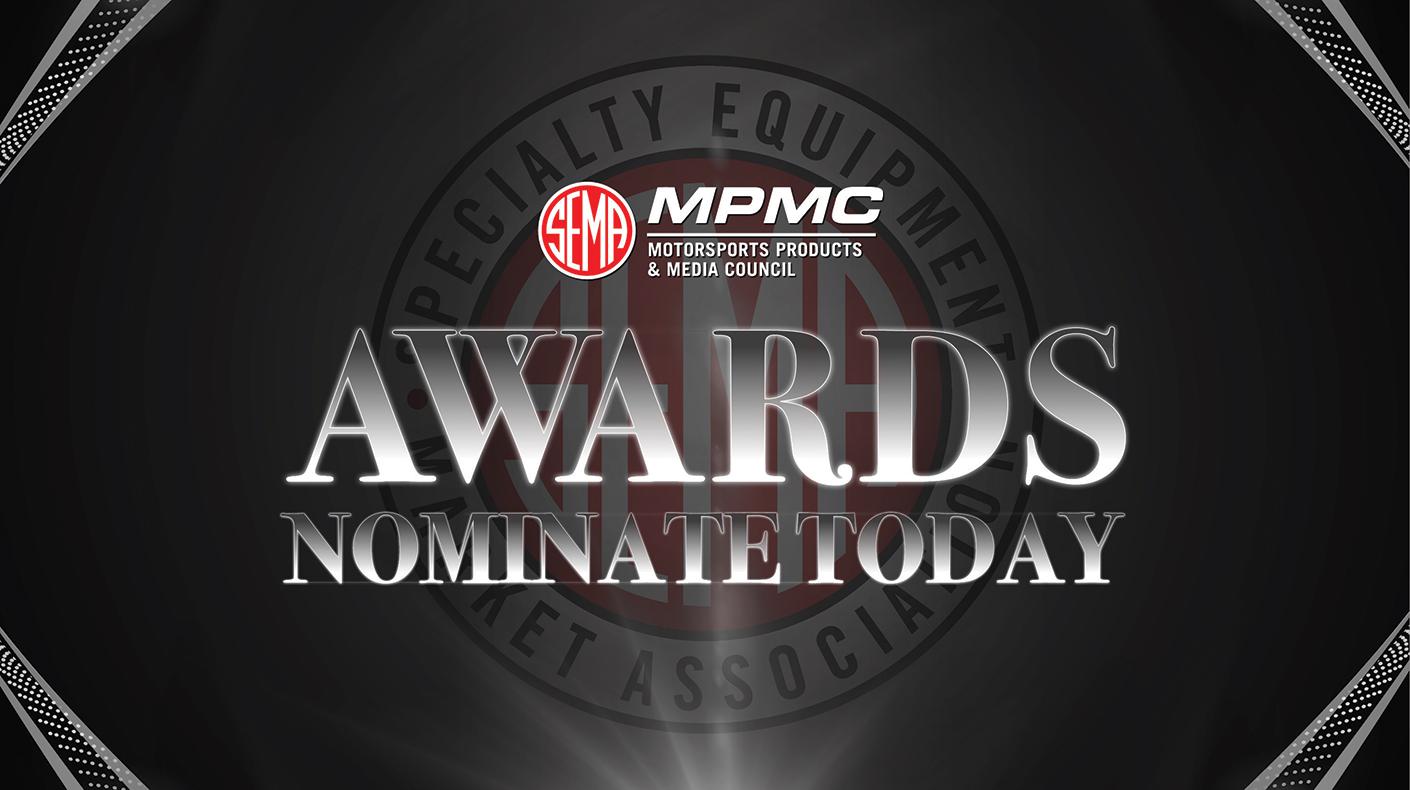Detroit has long been regarded as the car production capital of the world. The historic metropolis is nicknamed “Motor City” for a reason. It's the place where Chrysler, Ford Motor Company and General Motors established an industrial epicenter and where they are still headquartered to this day. Recently, however, the news coming out of Detroit has been more a continual flow of doom and gloom.
There are some bright spots despite the bad news. For example, news of Ford’s new Fusion Hybrid hypermiling stunt was covered from English-speaking AutoBlog to the Russian Cars.ru and everything in between. To promote mile-extending driving habits and its modern technology, Ford’s team of trained drivers achieved 81.5 mpg and traveled 1,445 miles on a single tank of gas.
Other bright spots include the numerous SEMA-member companies that are located in Detroit and its surrounding neighborhoods. On a recent trip, members of SEMA’s market research staff had the opportunity to visit with three member companies that produce some incredible work and are staying busy and optimistic despite the current economic climate: Katech Inc., Eaton Detroit Spring and Roush Enterprises. This week, the visit to Katech will be highlighted.
There is no doubt that companies in the specialty-equipment industry are feeling the effects of the economy, being that the automotive industry as a whole has been one of the segments most hurt. But member companies have some advantages over the larger automakers. Because they are small, these companies can adapt to the changing automotive landscape more quickly, and, oftentimes, these companies have helped to develop the technologies that automakers use to improve their vehicles. Specialty-equipment companies are sometimes capable of being able to direct more attention to research and development than the automakers because of their size.
 |
| Katech co-founder Warren Frieze graciously offered to visit with SEMA staff to share his experiences and insight to help the association understand how to serve the industry. |
Katech Inc. was created, and is currently co-owned, by Fritz Kayl and Warren Frieze. Their work and products involve advanced racing and high-performance engine development. Since being founded in 1977, it has accumulated numerous awards, records and accolades in the world of racing, chiefly as the engine developer and builder for the American Le Mans Series (ALMS) Corvette Racing teams. These race cars won the 2005, 2006, 2007 and 2008 ALMS GTI Driver’s Championships and Manufacturer’s Championships and finished one and two in the GTI class of the 2005 24 Hours of Le Mans; all powered by Katech engines. They also built the engines used in the Cadillac CTS-V that won the 2005 and 2007 SCCA World Challenge GT Driver’s Championships.
All of the engineering, testing, manufacturing and engine assembly are done in-house in one of Katech’s seven test cells, including all of the decking, boring and honing of the engine blocks, testing valvetrain durability, valvetrain analysis, friction tests and fuel-flow tests. To bridge the gap between professional racing and bespoke engineering for consumers, many of the engine blocks, camshafts and other engine parts can be purchased directly from the online store on Katech’s website.
After joining SEMA in 2004, the company has become an active participant and contributor to the industry, taking full advantage of the benefits offered by the association. SEMA’s market research department has provided Katech with useful market data and reports; the 2008 Motorsports and Performance Report being the most recent. Katech has also been a Technology Transfer user with requests for files related to the Chevrolet Corvette, Chevrolet Cobalt and Cadillac CTS-V.
Member visits are both enjoyable and educational for the SEMA staff who attend and the participating member. Most importantly, in times of economic uncertainty and market instability, the most effective means to weather the storm is to capitalize on the resources that are available. SEMA staff appreciates the opportunities to visit with members, become aware of their businesses and, ultimately, learn how to better serve the industry.





